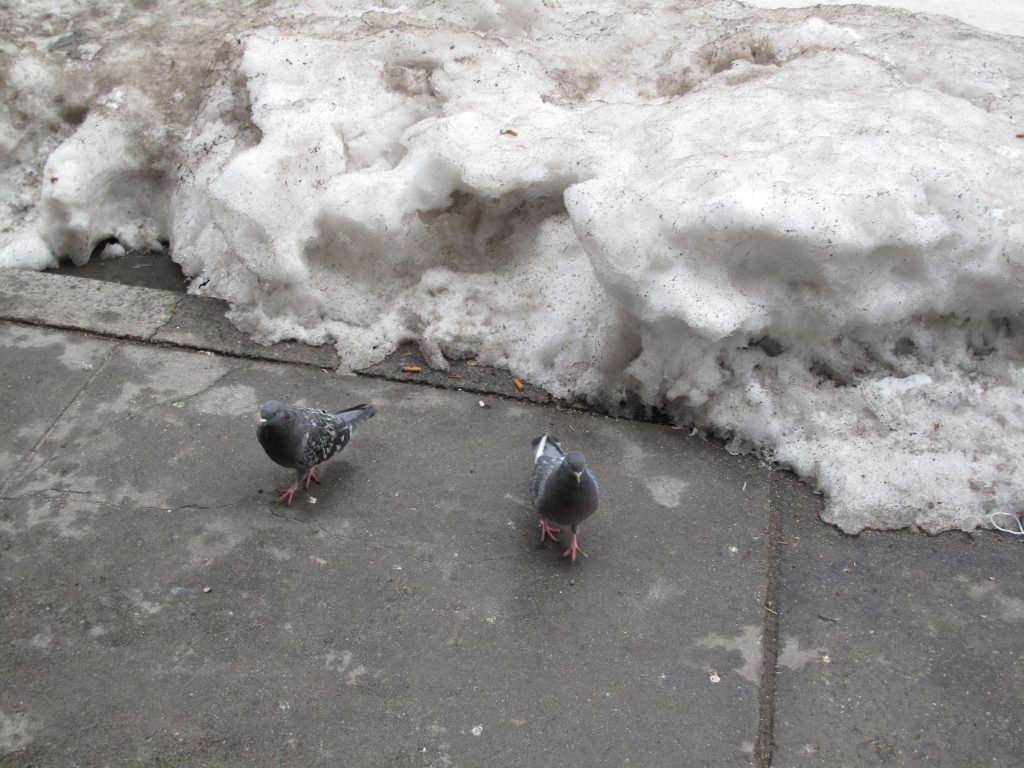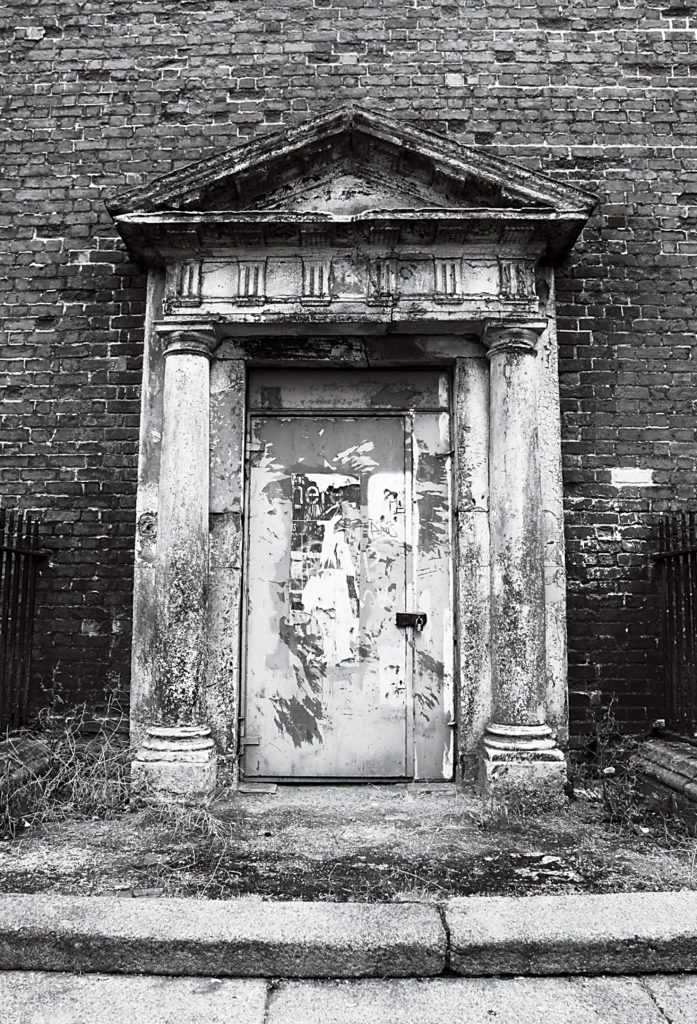
Sunday, February 14
On Friday, Emily and I each got our COVID vaccination shots. Yesterday, the Senate voted in the impeachment trial to acquit Trump.
Who says life is dull during the lockdown?
“If only because they last so long, real misfortunes are monotonous,” Camus wrote in The Plague. Yes, there has certainly been monotony, but then lots happened in the past few days.
The adventure of our vaccinations involved some monotony. We had traveled back to our NYC apartment on Thursday; then on Friday, I reported for my 12:30 appointment at a Duane Reade drugstore, around a block away from our apartment. I was about 20 minutes early. There was a check-in, during which I answered lots of questions about any current maladies, etc. Then 15 minutes of waiting outside of the vaccination room; then another 20 minutes of waiting inside for the shot-giver to appear.
She gave me the jab and a certificate stating, to my surprise, that I had gotten the Pfizer vaccine. I had imagined I would be getting the Moderna version, since my appointments arranged via the Walgreen’s website are four weeks apart—the interval recommended for the Moderna jab. It was 1:15 p.m. before I was able to leave.
Emily went over to the same drugstore one hour later. And, fortuitously, while she was there two people came in to announce a serious problem: They had gotten the first shot of Pfizer, then went to another location weeks later—only to find that the second place was giving out Moderna shots. The two aren’t supposed to be mixed. So these people had been turned away, and had now returned to the site of their first vaccinations.
We face the identical problem: Our second appointments, slated for March 12, are at the location that has only the Moderna stuff. So somehow, there will have to be an adjustment. (I telephoned the second vaccination location, told them of the problem, gave them my name, and await further instructions.)
In the hours after the shot, I felt some soreness in my arm and a little dizziness and fatigue, but not much else. Emily, though, experienced a very sore arm and lots of nausea. Two days later, she still doesn’t want to do much other than to take lots of naps.
It has been gray and cold, threatening snow every day since our return. New York seems as depopulated as it did in September, when we were last here.
I have sorted through the vast pile of waiting mail, dispatched various tax documents to our accountant, listened to 20 voice mail recordings, and prepared various simple meals. This afternoon we visited ourdoors with our niece, Montana, in Madison Square Park. There were plenty of people with kids and dogs wandering around and playing in the accumulated snow.
We’ll probably drive back to our Long Island house on Thursday.
Does this sound tedious? For people who for several months have done little other than read the New York Times or do its word-game puzzles online, I assure you that all of this is quite taxing.
Dinner: leftover pasta with asparagus pesto and an avocado and lettuce salad.
Entertainment: episodes of the French comedy Call My Agent on Netflix.







